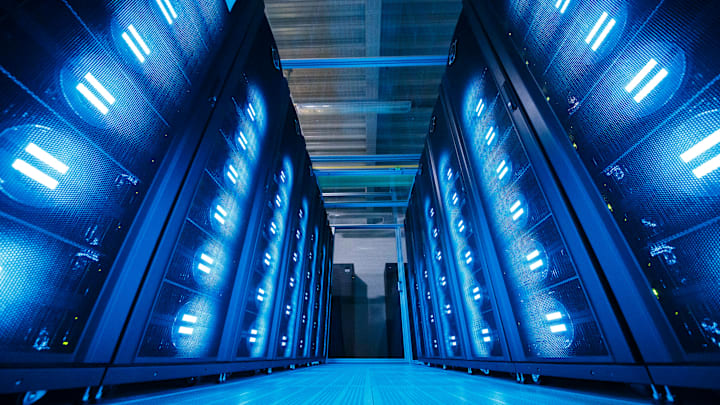What Best Defines Technology?

Technology is a term we encounter daily, often associated with gadgets, software, and innovations. But what does it truly mean, and how can we best define it? At its core, technology is more than just tools and devices; it’s a reflection of human ingenuity and problem-solving. This article explores the essence of technology, its definitions, and its far-reaching impact.
Defining Technology
At its simplest, technology is the application of scientific knowledge for practical purposes. It encompasses tools, systems, methods, and processes created to solve problems or enhance human capabilities. Technology is not confined to modern inventions—it spans from the wheel and fire-making techniques of ancient civilizations to the AI-powered systems of today.
Key Elements of Technology:
- Application of Knowledge: Technology uses science and understanding to achieve practical goals.
- Tools and Machines: Includes everything from simple hand tools to complex machinery.
- Processes and Systems: Methods and strategies designed to improve efficiency and solve challenges.
- Human-Centric: Technology is created to fulfill human needs, desires, and aspirations.
A Broader Perspective on Technology
To fully grasp the concept, technology can be viewed through different lenses:
1. As a Means of Innovation
Technology drives progress by introducing new ways to solve problems. For instance, early agricultural tools revolutionized farming, while modern genetic editing tools like CRISPR are transforming healthcare.
2. As a Cultural Force
Technology shapes societies and cultures. From the printing press fostering literacy to the internet connecting billions, technological advancements influence how we communicate, work, and interact.
3. As a Continuous Evolution
Technology is dynamic, constantly evolving as human needs and capabilities grow. Yesterday’s groundbreaking invention becomes today’s commonplace tool, paving the way for future innovations.
Types of Technology
Technology spans diverse fields, each addressing specific needs. Some common categories include:
- Information Technology (IT):Focused on storing, retrieving, and transmitting information. Examples: Computers, cloud computing, and the internet.
- Medical Technology:Innovations aimed at improving health. Examples: MRI machines, prosthetics, and telemedicine.
- Industrial Technology:Tools and processes that enhance manufacturing and production. Examples: Robotics, automation, and 3D printing.
- Environmental Technology:Solutions that address ecological challenges. Examples: Renewable energy systems and water purification devices.
- Consumer Technology:Products designed for everyday use. Examples: Smartphones, wearable devices, and smart home systems.
Technology in Everyday Life
Technology is deeply embedded in our lives, often to the point where it goes unnoticed. Here are a few examples:
- Communication: Smartphones, social media platforms, and video conferencing tools keep us connected.
- Transportation: Cars, airplanes, and GPS navigation make travel faster and more efficient.
- Education: E-learning platforms, virtual classrooms, and educational apps enable knowledge-sharing across the globe.
- Entertainment: Streaming services, gaming consoles, and augmented reality enhance how we enjoy leisure.
The Role of Technology in Society
Technology serves as a double-edged sword, offering immense benefits while posing challenges. Understanding its role helps us navigate its complexities.
Benefits of Technology:
- Efficiency: Simplifies processes, saving time and effort.
- Accessibility: Bridges gaps in communication, education, and healthcare.
- Innovation: Drives progress and opens new possibilities.
Challenges of Technology:
- Dependency: Over-reliance on technology can hinder problem-solving and critical thinking.
- Ethical Concerns: Issues like data privacy, cybersecurity, and AI ethics need attention.
- Environmental Impact: The production and disposal of tech can strain natural resources.
A Definition for the Future
As technology continues to advance, its definition evolves. A future-forward definition might look like this:
Technology is the creative application of knowledge and resources to solve problems, improve quality of life, and expand human potential, while addressing societal and environmental considerations.
This definition acknowledges the interconnectedness of technology with ethics, sustainability, and human progress.
Technology as a Human Endeavor
Technology is best defined as a tool of human ingenuity, a bridge between knowledge and action. It represents our ability to understand the world, solve problems, and create a better future. By embracing its potential while addressing its challenges, we can ensure that technology remains a force for good in shaping our collective destiny.